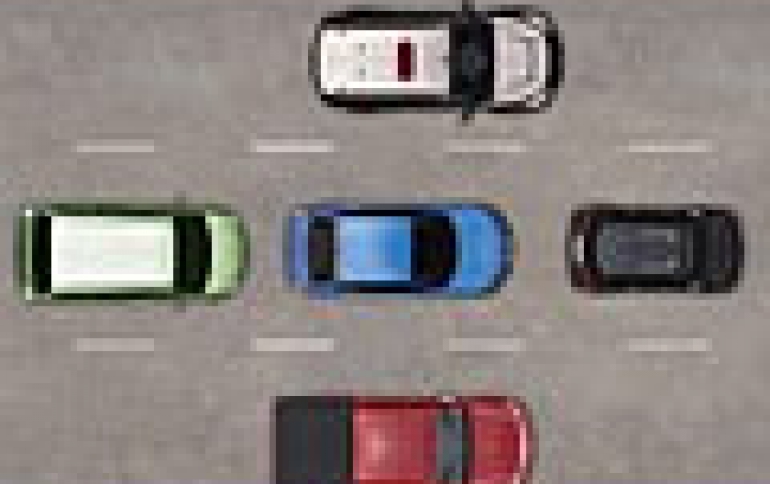
Intel and Mobileye Offer Present Algorithms to Prove the Safety of Autonomous Vehicles
Intel and Mobileye have developed a system it says ensures that self-driving vehicles can't cause accidents where they are at fault, an effort to reassure a skeptical public and bring driverless cars on the road faster.
Speaking at the World Knowledge Forum in Seoul, South Korea, professor Amnon Shashua, Mobileye CEO and Intel senior vice president, offered the autonomous driving industry a way to prove the safety of autonomous vehicles. His solution, published in an academic paper, provides a formal, mathematical formula to ensure that a self-driving vehicle operates in a responsible manner and does not cause accidents for which it can be blamed.
Mobileye, an Intel company, is the world's largest supplier of cameras for advanced driver assistance systems (ADAS). Shashua and his colleague Shai Shalev-Shwartz developed a mathematical formula that can bring certainty to the open questions of liability and blame in the event of an accident when a vehicle has no human driver.
Their proposed Responsibility Sensitive Safety model provides specific and measurable parameters for the human concepts of responsibility and caution and defines a "Safe State," where the autonomous vehicle cannot be the cause of an accident, no matter what action is taken by other vehicles.
To illustrate what Intel has in mind, under the guidelines a robot vehicle would move past parked cars at a speed slow enough to make sure it could stop in time to avoid a pedestrian who suddenly stepped out into the road. That calculation is possible because we know the maximum speed at which a human can move and can model it, according to Intel. Similarly, computers can easily calculate the safe stopping distance to a vehicle in front and make sure the vehicle they're piloting stays far enough away. If an aggressive human driver cuts in front of the robot car and causes an accident, the standards would clearly show who's fault it was, even if the machine-driven car rear-ended the other vehicle.
In his talk, Shashua called upon the industry and policymakers to "collaboratively construct standards that definitively assign accident fault" when human-driven and self-driving vehicles inevitably collide. He explained that all the rules and regulations today are framed around the idea of a driver in control of the car and that new parameters are needed for autonomous vehicles.
Shashua explained: "The ability to assign fault is the key. Just like the best human drivers in the world, self-driving cars cannot avoid accidents due to actions beyond their control. But the most responsible, aware and cautious driver is very unlikely to cause an accident of his or her own fault, particularly if they had 360-degree vision and lightning-fast reaction times like autonomous vehicles will."
The RSS model formalizes this in a way that ensures self-driving cars will operate only within the framework defined as "safe" according to clear definitions of fault that are agreed upon across the industry and by regulators.
Intel is one of several component makers that see the increasing need for computing in vehicles, caused by the move toward autonomy, as a new growth market. While car makers, their suppliers and companies such as Uber Technologies and Alphabet's Waymo are conducting on-the-road tests, Intel and its rivals need the industry to move beyond trials and into production to get a return on the dollars they're pouring into research and development.





















